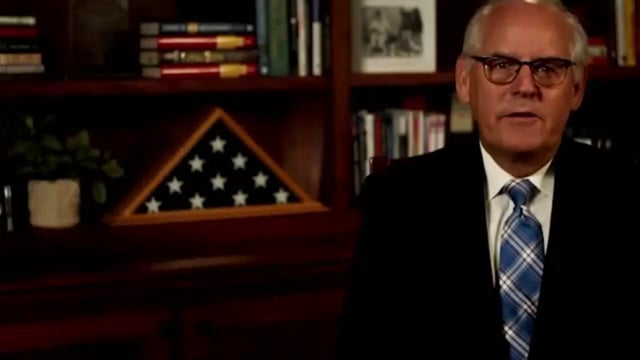Master Classes
Surge Capacity and Depletion in the Time of COVID-19: Promoting Resilience
Wednesday
This presentation highlights what we know about resilience from 50 years of research on children, families, and communities in the context of life-threatening hazards, ranging from natural disasters to epidemics and war. Dr. Ann Masten discusses the inherent quality of resilience we all have the capacity of a dynamic system to adapt successfully to challenges that threaten the function, survival, or development of that system. Dr. Masten focuses on how the resilience of children is influenced by that of families, schools ,and other systems that support human life and development. This session increases awareness of key factors and strategies indicated by resilience science that protect and restore resilience across system levels for children, families, schools, and other human systems.
Ann Masten, Ph.D.
Regents Professor, Irving B. Harris Professor of Child Development, University of Minnesota.
Bio:
Ann S. Masten, Ph.D., serves as the regents professor of child development at the University of Minnesota, grew up in a military family. She studies resilience in human development, particularly in the context of homelessness, poverty, war, disaster, and migration. Dr. Masten is a past president of the Society for Research in Child Development, recipient of numerous honors, and author of more than 200 publications including the book, Ordinary Magic: Resilience in Development. She also offers a free MOOC on Coursera about “Resilience in Children Exposed to Trauma, Disaster and War” taken by thousands of participants from more than 180 countries.
Explore all the Education Summit resources:

Opening General Session with Dr. Jill Biden, Dr. Mitchell “Mick” Zais and Dr. Marc Brackett
Join this #EdSummit20 Opening General Session as Dr. Mitchell “Mick” Zais and Dr. Marc Brackett lay the foundation for the…
Master Class – Keeping Students on Track During the Pandemic
When the country shut down in March, the College Board faced a difficult decision. Would they cancel the 2020 Advanced…





